Platonic Jung: And the Nature of Self
$58.50
Description
How does Jung model his psychology on Plato’s philosophy? The Platonic Jung gives us a clear look at the remarkable similarities between the two, particularly in the structure of the cosmos and psyche, and in the nature of the self. The individual self is identified as soul in each system, and it is placed in what both Jung and Plato call the “third,” a level of being located in-between the divine Self or One, and the ego complex or sense based self. Practicing the work of individuation in Jung or philosophy in Plato, which are also shown to be similar paths of development, a person is able to unite the opposites in the lower self. Thus, by healing the conflicts inherent in psychological injury, consciousness is developed in soul and its subtle body. The transcendent function is the cornerstone of individuation in Jung, and we learn here that he included an energetic aspect of transformation in the function, which is actually responsible for the movement of consciousness from ego-complex into soul in the third.
Developing the self through philosophy or individuation involves a unity of the psyche that creates an inner state Dr. Weldon calls dual-unity, where the individual soul is simultaneously aware of the ego or sense based world below and the divine One or Self above. Plato referred to this state as the realization of the macrocosm within the microcosm and Jung mirrors this in his idea of wholeness. The Platonic Jung re-unites philosophy and psychology and expresses the message these two great men imparted to the world; that the soul is the true self, and is worth finding.
Author: Weldon, Jane
Topic: Psychology
Media: Book
ISBN: 1630514020
Language: English
Pages: 260
Additional information
| Weight | 1.11 lbs |
|---|---|
| Dimensions | 9.02 × 5.98 × 0.63 in |


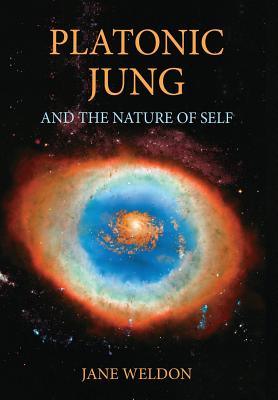
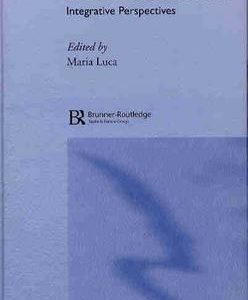
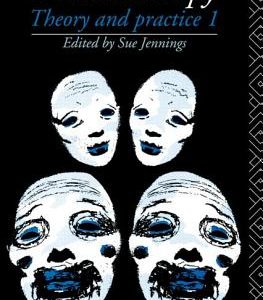
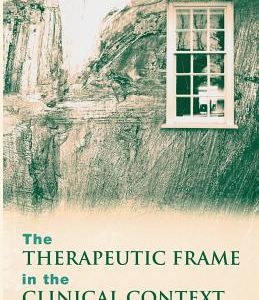

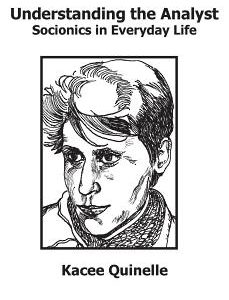
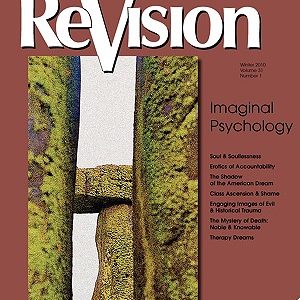
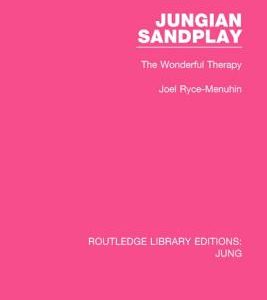
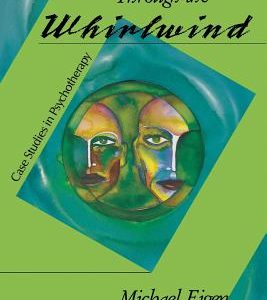
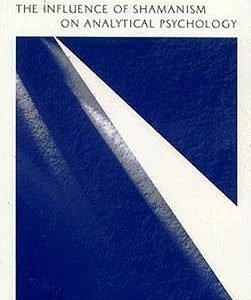
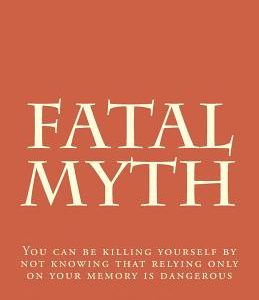
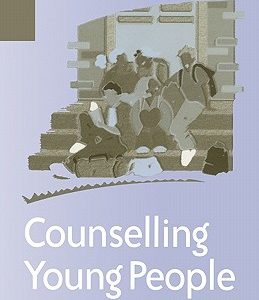
Reviews
There are no reviews yet.